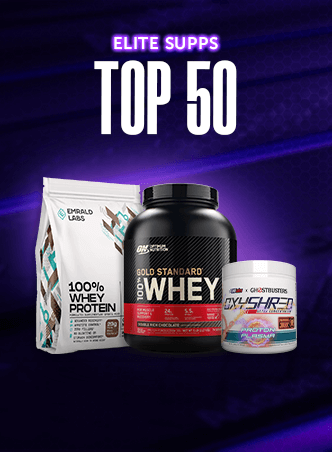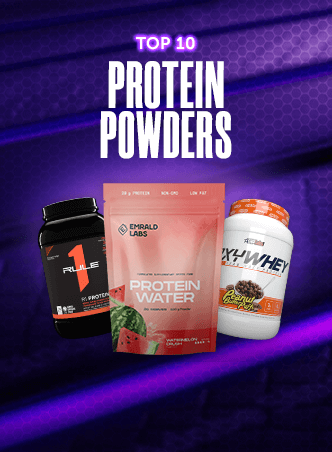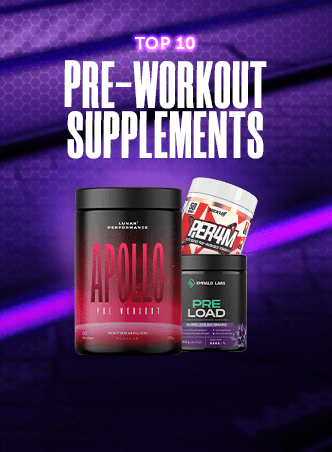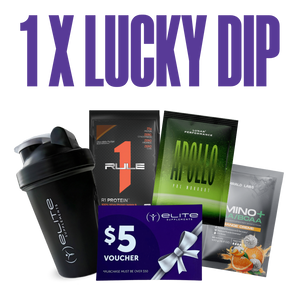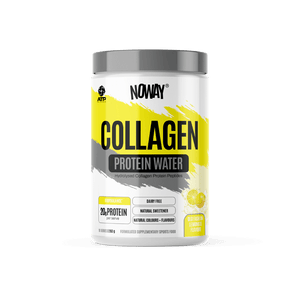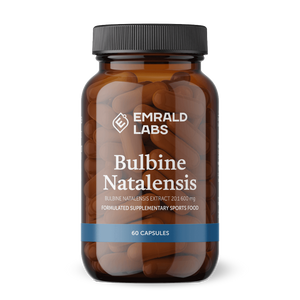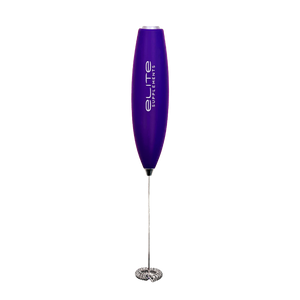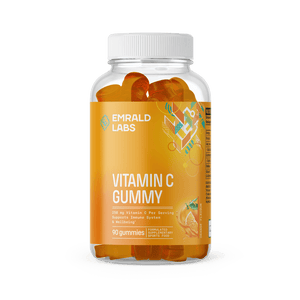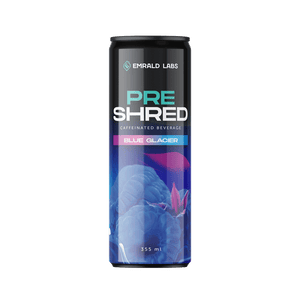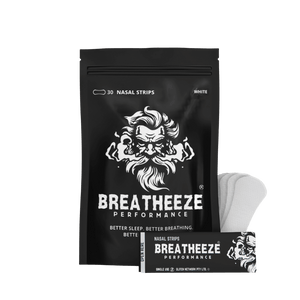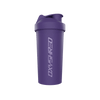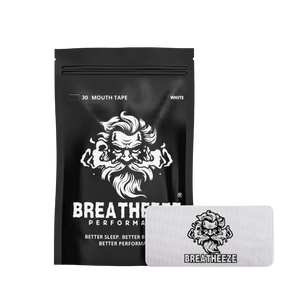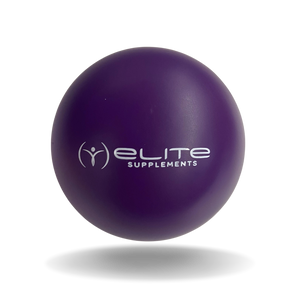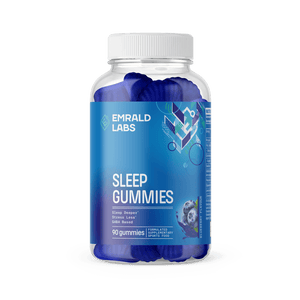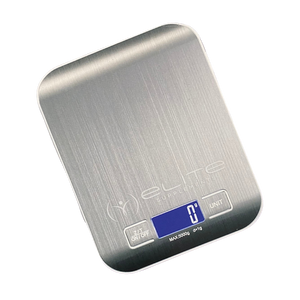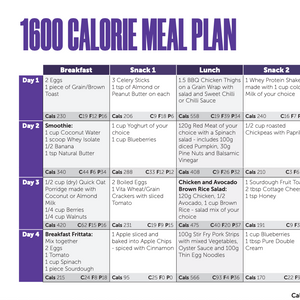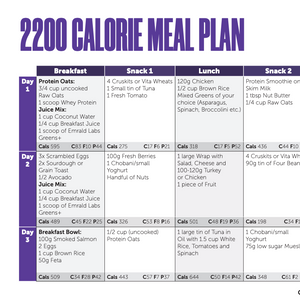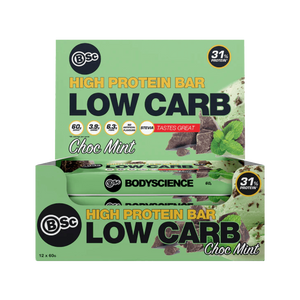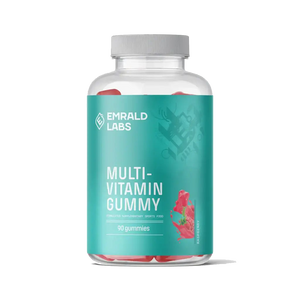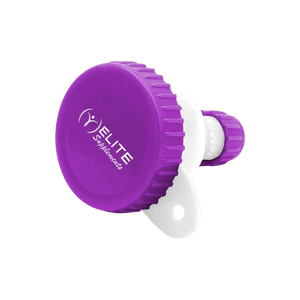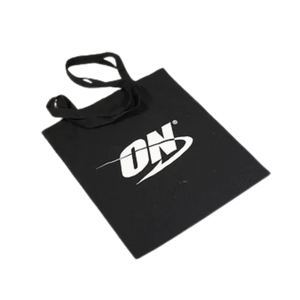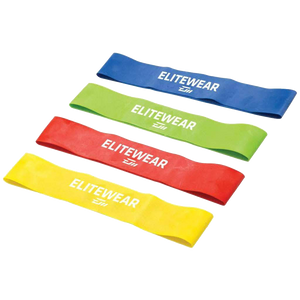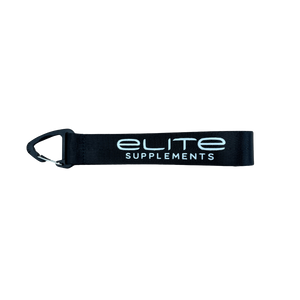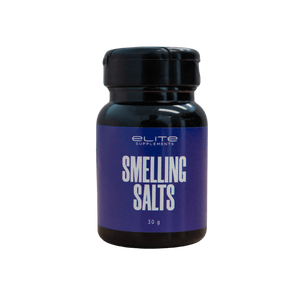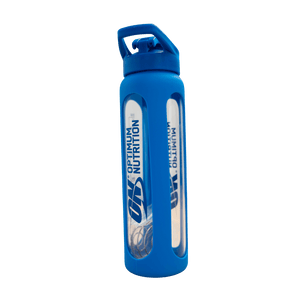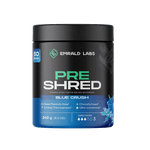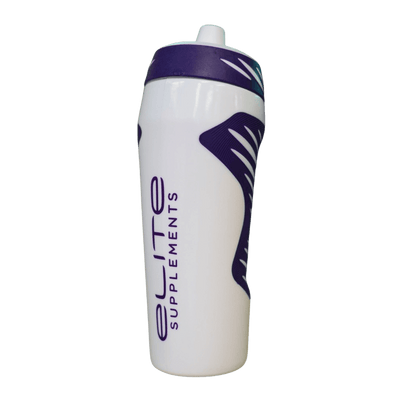Worldwide we are a stimulant addicted species. In fact, two of the top three beverages consumed by humans contain stimulants (coffee and tea). But are they helpful or harmful? Truth is they are both!!
There are many studies supporting the health benefits of both tea and coffee. A number of these benefits come from the antioxidants found in them. In fact, Americans get more antioxidants from coffee than any other food source in a Standard American Diet.
What are some of the other benefits of coffee?
Coffee has a number of benefits, including increased focus, more energy and its appetite suppressant qualities. We've all felt the zing of our morning brew! Let's have a closer look at how coffee gives us that wow factor we need to get going!
COFFEE INCREASES ENERGY & FOCUS
It’s true, caffeine (a catecholamines) found in coffee, boost hormones and neurotransmitters that increase energy or reduce the perception of effort. They allow us to feel energized or mentally alert when we would otherwise be tired due to lifestyle, dietary choices, or stress.
COFEE ENHANCES YOUR MOOD
Not only does caffeine boost norepinephrine and epinephrine (adrenaline) but they may also increase dopamine (mood enhancing neurotransmitter). This surge of dopamine helps us feel motivated, determined, and happy.
COFFEE CAN SUPPRESS YOUR APPETITE
By boosting neurotransmitters you may also experience a suppression in appetite. This reduction in calories and the increase in movement from extra energy may result in body fat loss.
COFFEE CAN BOOST YOUR METABOLISM
A well designed study in 2004 showed a 10% increase in lipid oxidation (fat burning) in obese individuals and 29% increase in lean individuals.
COFFEE CAN ENHANCE PERFORMANCE
There is a good reason that most pre workouts contain caffeine! Considering caffeine stimulate the CNS (Central Nervous System) and frees up fatty acids for energy it is not surprising studies show it boosts performance by 11-12% on average.
It all sounds rather good so far. We get increased energy, elevated mood, reduced appetite, enhanced focus, accelerated fat burning and improved physical performance. However, are the results maintainable?
Some are and some are not!! What’s the underlying reason for this? Is there something in the caffeine that causes weight gain, or do we simply become immune to its benefits?
What are the negative effects of coffee?
Coffee (caffeine) as mentioned above releases adrenaline. However, at the same time it releases another adrenal hormone called cortisol. When we have excess cortisol, we tend to be more stressed, store more body fat and breakdown more muscle.
The big question is how you know if you have too much cortisol or if your cortisol rhythm is performing correctly (high in the morning and lower at night). There are many telling symptoms…
- FATIGUE OR POOR SLEEP: One of the most obvious symptoms of cortisol dysfunction is a wired and tired effect. You often wake up tired and when you want to get to sleep you are wired or can’t switch off.
- WEIGHT GAIN: Often around the mid-section / stomach.
- ANXIETY: Often with an increase in cortisol comes and increase in anxiety and stress then the cycle repeats by producing more cortisol in response to the anxiety and stress. You can begin to feel like a mouse on a wheel.
- LOWERED SEX HORMONES: When cortisol and other stress hormones demand the supply of pregnenolone then less of this master hormone to available to assist with our sex hormone production. This is called “the pregnenolone steal”. It may result in further muscle loss and body fat gain along with lowered libido and mood.
How do we get the benefits of coffee without the side effects or negatives? Is this possible?
Turns out there is hope!!
There are several nutrients found in nature that may amplify the benefits of caffeine, so you don’t need as much or benefit from it more. There are also several adaptogenic botanicals that may minimise the negatives of caffeine.
- ENXTRA® - This patented extract of Alpina Galanga has been shown to boost the benefit of caffeine by 30% for up to 5 hours while reducing jitters or a crash associated with too many stimulants. Have less – Feel More!!
- NEUROFACTOR® - This powerful polyphenol complex found in the cherry of coffea arabica (Coffee Fruit) enhances BDNF (Brain Derived Neurotropic Factor) by a whopping 143%. BDNF has been associated with improved cognition, elevated mood, improved health, focus, memory, reduced fatigue and reduced age-related brain decline.
- L-THEANINE - A naturally occurring amino acid found in green tea that is associated with reducing the jitters from caffeine and improving a sense of calm energy.
- TURMERIC - Known for its powerful anti-inflammatory benefits. Turmeric is also an adaptogen that helps improve the bodies response to stress and adapt better. It may also help support health hormone balance and reduce brain fog.
- MCT (Medium Chain Triglycerides): Fats are essential for life and a healthy body. They are certainly essential for a healthy hormonal balance since cholesterol is the starting molecule for almost all hormones. MCT is particularly good for brain function as it boosts ketones faster than other fats.
- ASHWAGANDHA - Often referred to the KING of herbs. This botanical has a long history of use in Ayruvedic medicine and recent research has shown a 32% decrease in cortisol and a 52% increase in strength. This result was observed with 15mg of withanolides.
Caffeine can be super helpful. You won’t get an argument from us that coffee can be tasty and healthy. It may assist in weight loss, hunger control, energy metabolism and focus. However, there are now nutrients that can make your average cup of joe even better than before. Maybe it’s time to consider these ingredients and UPGRADE YOUR DAILY RITUAL.
TIP: Don’t have coffee or other stimulants too late in the day (within 6 hours of bed) or it can disrupt your delta (deep) sleep and therefore reduce your recovery and health long term.
Disclaimer: The above article is merely a guide and is in no way a recommendation or a treatment protocol for any health conditions or diseases. You should always consult with a qualified health care provider before changing your supplement, training, or nutritional strategy. Formulated Supplementary Sports Foods must not be used by pregnant or breastfeeding women, anyone consuming prescription medication or children under the age of 15 unless advised by a qualified health care provider.
